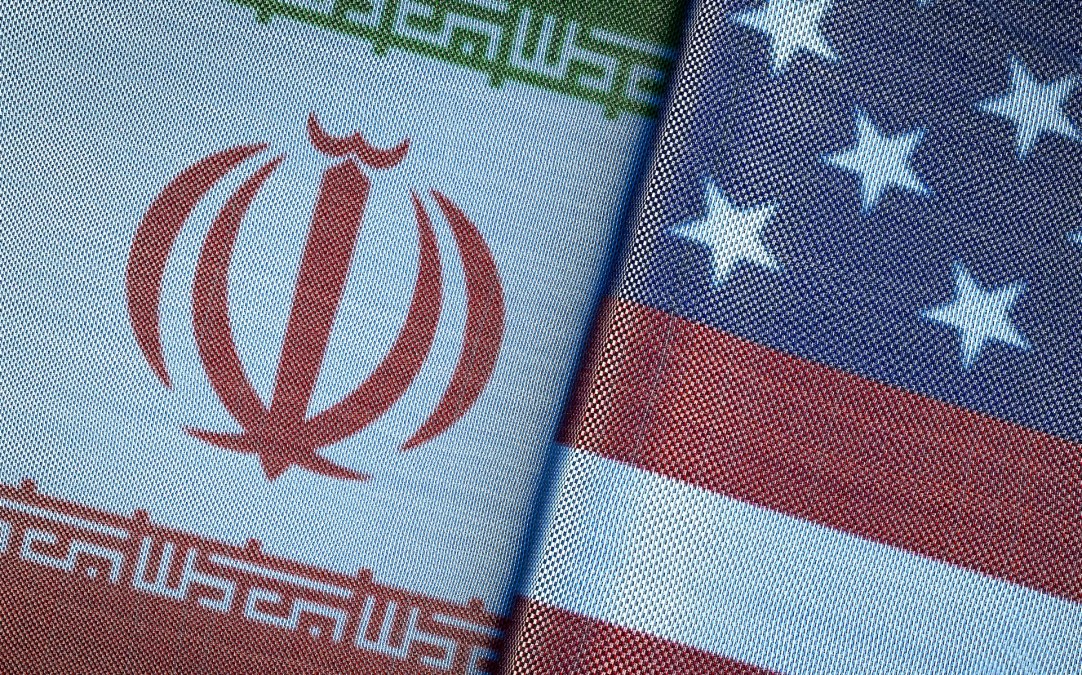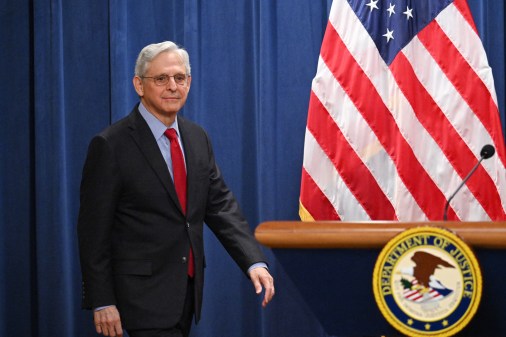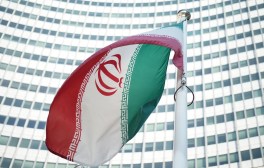US Treasury sanctions 5 Iranian organizations for alleged election influence operations

The Treasury Department on Thursday announced sanctions against five Iranian organizations for allegedly trying to influence the U.S. election through disinformation campaigns and other attempts to sow discord.
Those sanctioned for the activity included the Islamic Revolutionary Guard Corps, one of its alleged front companies, the IRGC’s Quds Force and media companies allegedly linked to the Quds Force. It’s part of a broader federal effort to push back on foreign influence operations less than two weeks from Election Day.
The Iranian media outlets are accused of using English-language articles that amplify “false narratives” to sow divisions among U.S. audiences.
“As recently as summer 2020, Bayan Gostar was prepared to execute a series of influence operations directed at the U.S. populace ahead of the presidential election,” Treasury said in a statement, referring to one of the alleged front companies.
The Iranian Mission to the United Nations did not immediately respond to a request for comment on the sanctions.
The sanctions follow a press conference Wednesday in which Director of National Intelligence John Ratcliffe blamed Iran for being behind a series of threatening emails to U.S. voters.
U.S. officials and tech companies have looked to stamp out disinformation by deleting fake accounts and dismantling some IT infrastructure in the months leading up to the election. It’s a more proactive approach than in the 2016 election, when the federal government and tech companies were criticized for being too slow to react to Russian disinformation operations.
Iran has a well-resourced information operations apparatus to draw upon, according to private-sector researchers. The Justice Department earlier this month said it had seized 92 internet domains that Iranian organizations, including the IRGC, were allegedly using in global disinformation activity.
“Iran has become a prolific actor in the information operations space and similar to their cyberattack capability, they have evolved over a series of brash operations,” said John Hultquist, senior director of analysis, Mandiant Threat Intelligence.




